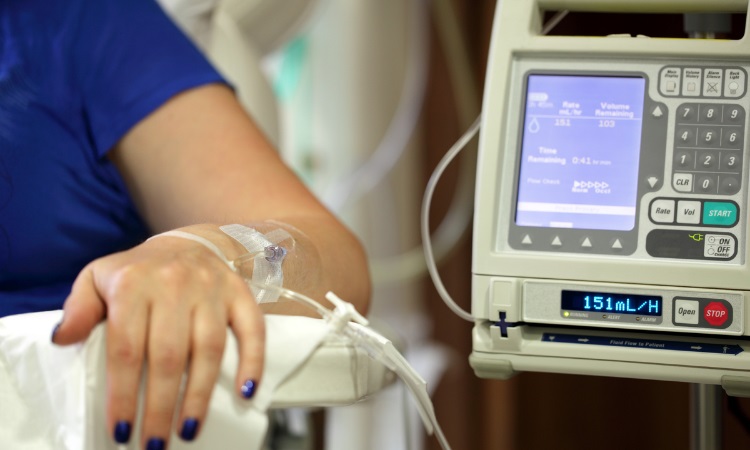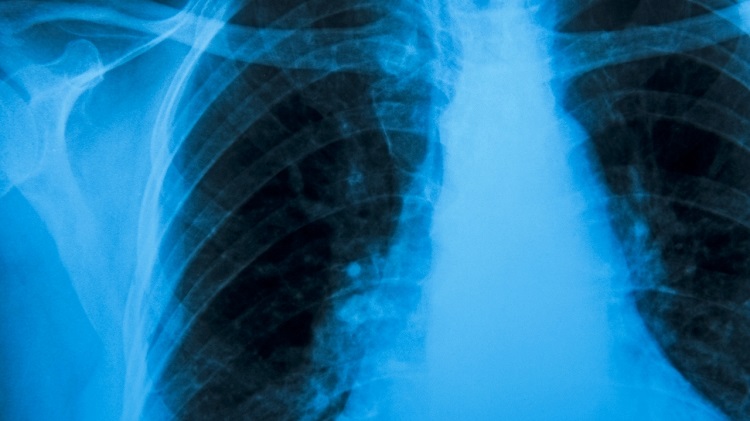Have you been dealing with fluid retention since undergoing chemotherapy for cancer? Fluid retention, also known as edema, is a side effect of certain chemotherapy drugs. Edema is the build-up of fluid in the tissues and often occurs in the extremities like the legs and feet.
When you undergo chemotherapy at Cochise Oncology, we will let you know if your chemotherapy drugs are likely to cause fluid retention and other side effects.




